Whale Rider film. NZ Film Commission / Source
Films will be told in true coastie style - in the wake of an action plan by leading Māori filmmakers to develop the voice of the kainga.
The task to back local scriptwriters was considered by Ngā Aho Whakaari, a rōpū that represents the national screen production body for tangata whenua of Aotearoa.

Nga Aho Whakaari script-writers wananga in Turanga. Photo / File
The Tairawhiti Scriptwriters Course held at Whirikoka Te Wananga o Aotearoa campus in Tūranga is a focal point to tell stories in the hope they succeed films such as Ngati and Whale Rider in time.
What was also a dream almost 40 years ago for Māori story-telling is now at the cusp of developing scriptwriters nationwide. Film-director Te Arepa Kahi, an executive member of Ngā Aho explains to Te Ao Maori News, the wānanga can help put their mark on the map in the film industry and qualify for funding.
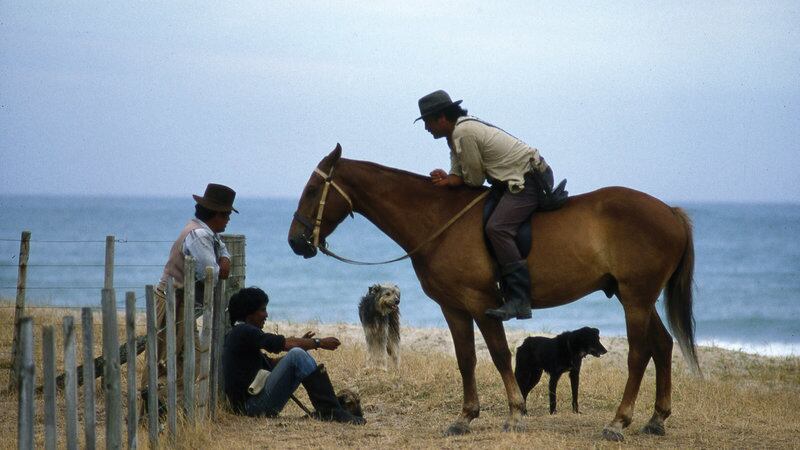
NGATI - A 1987 film based on Tairawhiti (East Coast) people. Photo / File
With Māori filmmakers playing a significant role on a global stage, the prospect for more government funding remains to be seen.
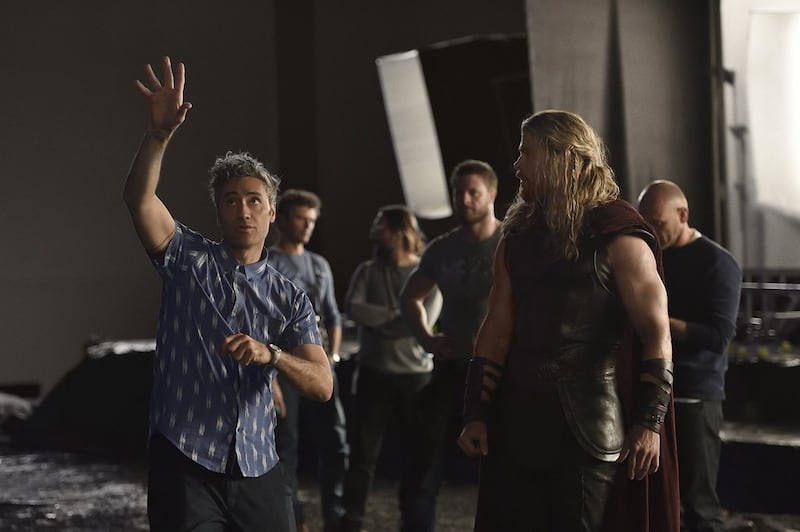
Maori film director Taika Waititi. Source / Flickr
Kahi is calling for a Māori Film Commission after receiving what it calls “mere crumbs” of the putea.
“The problem for Māori film makers is facing Pākehā models," Te Arepa Kahi says.
For Ngā Aho Whakaari, the priority is to up-skill script writers throughout the motu despite the extreme distance from Auckland and Wellington, which are the centres of the Aotearoa film industry.
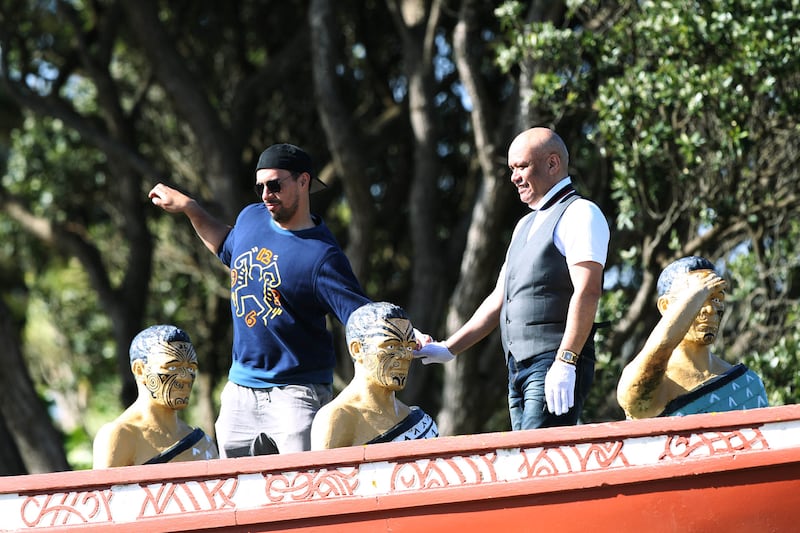
Director Te Arepa Kahi and cast Joe Moana in Poi E film. Photo / File
Teaming up with Māori filmmakers such as Kath Akuhata-Brown and Te Arepa Kahi is key to their plans to work with the upcoming generation of Māori storytellers.
The putea just under $100k is only enough to fund training wānanga. Kahi wants Ngā Aho Whakaari, to be in a better position to fund genuine, authentic Māori stories, told from a Māori point of view.
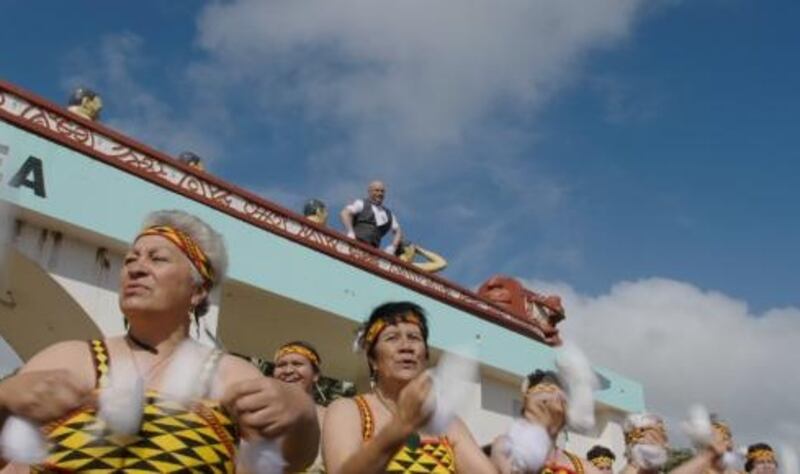
Poi E film. Photo / File
Kahi directed the iconic documentary "Poi E", which explained the origins of the waiata of the same name. Poi E, was written by Tokomaru Bay's music icon Ngoi Pewhairangi. He explained their long term goal to support Māori storytellers:
“There will come a time for us as indigenous filmmakers to establish our own Maori film commission.”
The NZ Film Commission has a Māori strategy that they have allocated a total of over $4.5 million to implement.
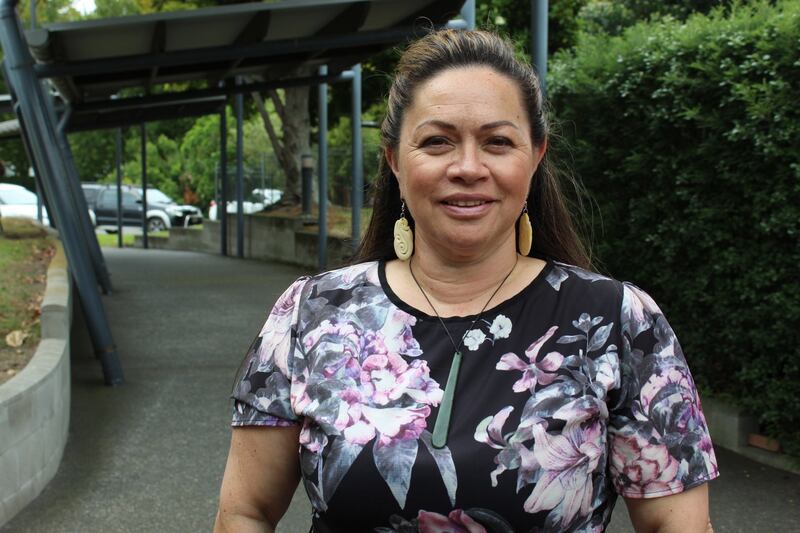
Karen Te O Kahurangi Waaka-Tibble. Photo / File
Karen Te O Kahurangi Waaka-Tibble helped implement this strategy. The NZFC recognise the importance of telling Māori stories, however their struggle is to get enough pūtea to achieve that mission.
“There needs to be an increase," Waaka-Tibble says.
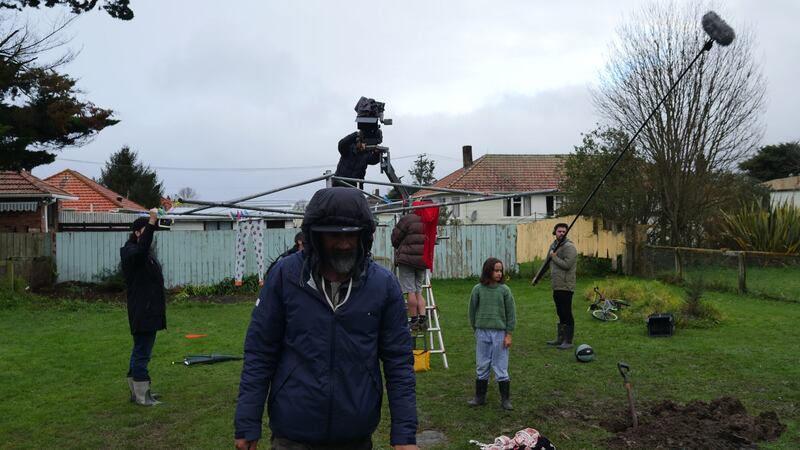
Behind the scenes in ANI (short film). Photo / File
One of the three award winning international short films ANI was supported financially by Ngā Aho Whakaari. The film played a key role for the wānanga in the hope of inspiring emerging scriptwriters.
The wānanga will go for two days. The next one is due to be rolled out in the Waiariki region.


